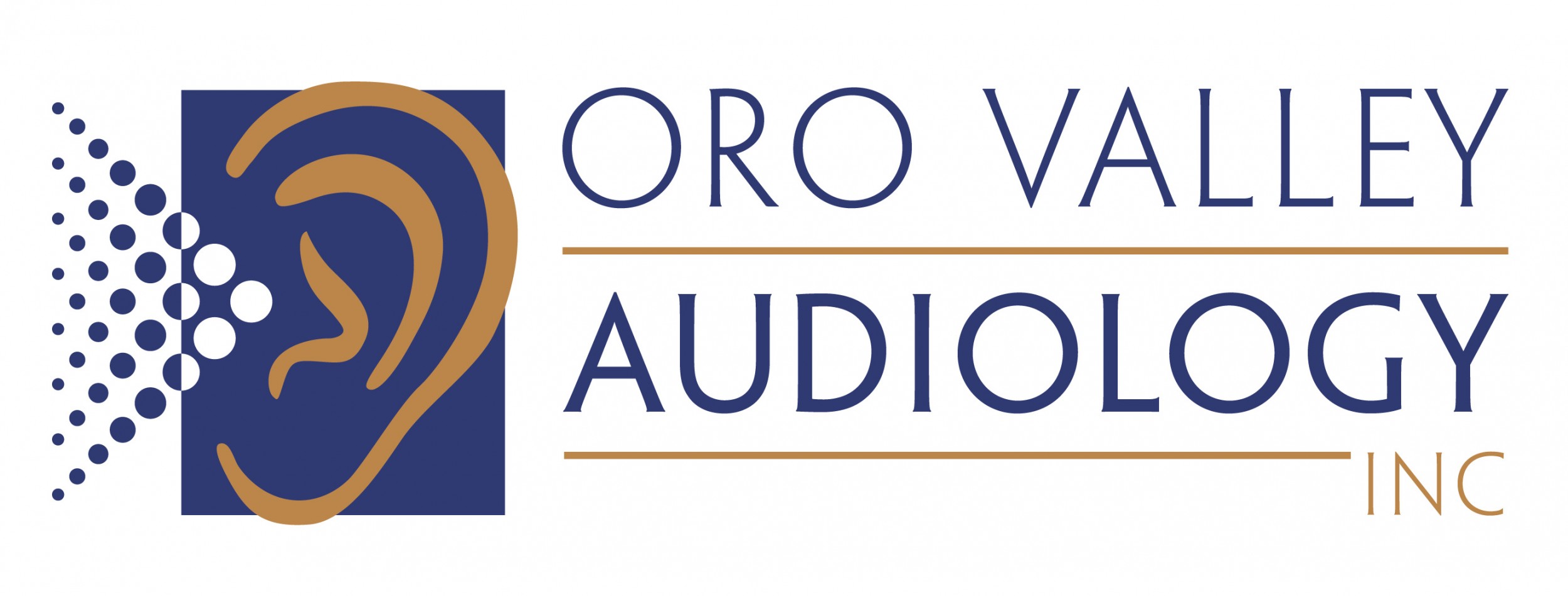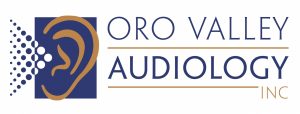Hearing screenings are extremely important for both children and adults, as hearing loss impacts all aspects of life. A study from 2015 found that an estimated 1 million people, ages 20 years and older, living in Arizona have clinically significant hearing loss in one or both ears (Muller et al., 2015).
Hearing loss has a significant impact on employment. Adults with hearing loss earn 40 to 45% less and are unemployed at a rate of 10 to 50% greater than the national average, depending on the severity of their loss (Ruben, 2000). Hearing screenings can help identify adults that may not be aware of their hearing loss and how it is impacting employment.
Once those individuals with hearing loss are identified, hearing aids can provide numerous benefits. Overall quality of life and cognitive memory has been shown to improve with hearing aids.
One study shows that adults fit with hearing aids report benefits in the areas of communication as well as improved quality of life (Chisolm et al., 2007). Doherty and Desjardins (2015) examined the effects of hearing aid use on auditory working memory function in adults. Scores significantly improved on the auditory working memory tests for those using hearing aids while there was no improvement for age-matched control participants who were not fit with aids.
Even though there are clear benefits of hearing aid use, very few individuals with hearing loss actually utilize hearing aids.
According to the National Institute of Deafness and Other Communication Disorders (NIDCD), fewer than 16% of individuals with hearing loss ages 20 to 69 have used hearing aids and fewer than 30% of individuals with hearing loss ages 70 and above have used hearing aids.
Identification and treatment are the keys to help those with hearing loss have successful employment, improve quality of life, and maintain cognitive abilities. Identifying individuals with hearing loss is the first step. Hearing screenings help identify people who may not be aware of their hearing loss.
Primary care physicians play a crucial role in hearing screenings. Outdated forms of screening, such as the whisper test or finger rub test should not be used due to the lack of standardization and sensitivity. Simple pure tone screening tools are available and can be used to perform a quick in office screening. If your physician doesn’t have this type of screening tool, please come in for your diagnostic hearing exam.
For more information about hearing screening, hearing loss, and the latest in hearing instruments, please contact Oro Valley Audiology, Inc by phone: (520) 825-4770 or email: OroValley@hearintucson.wpengine.com


